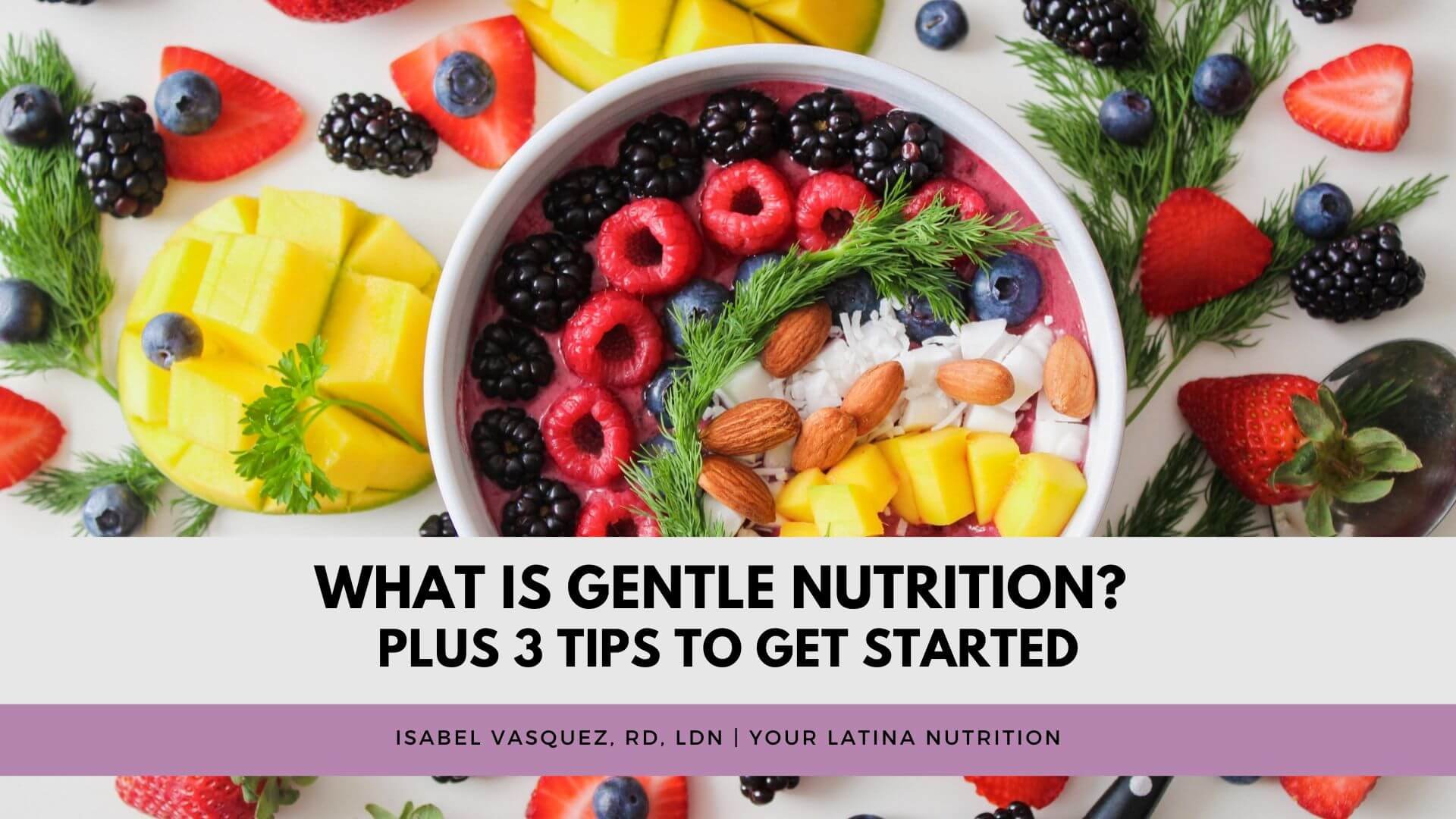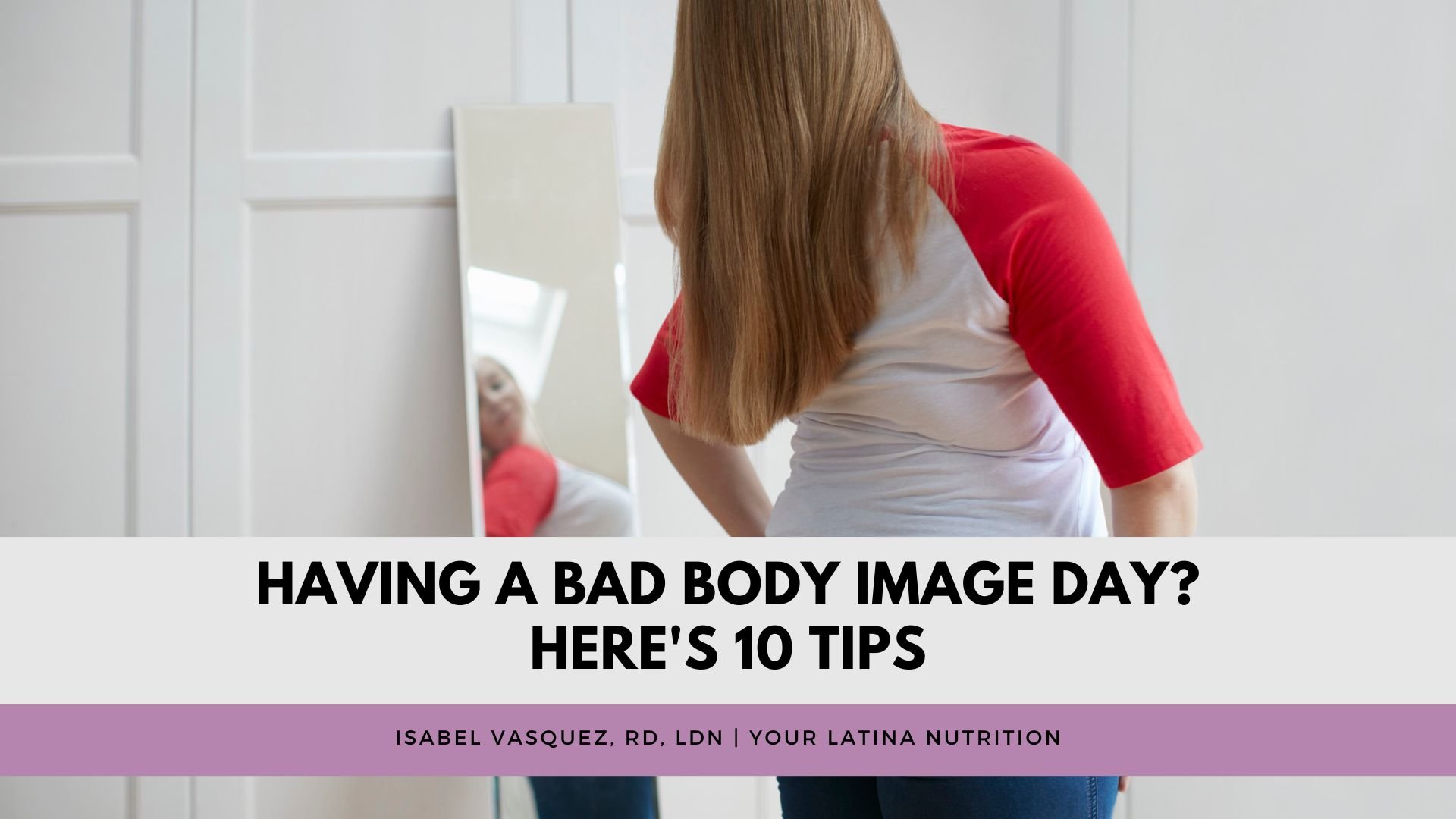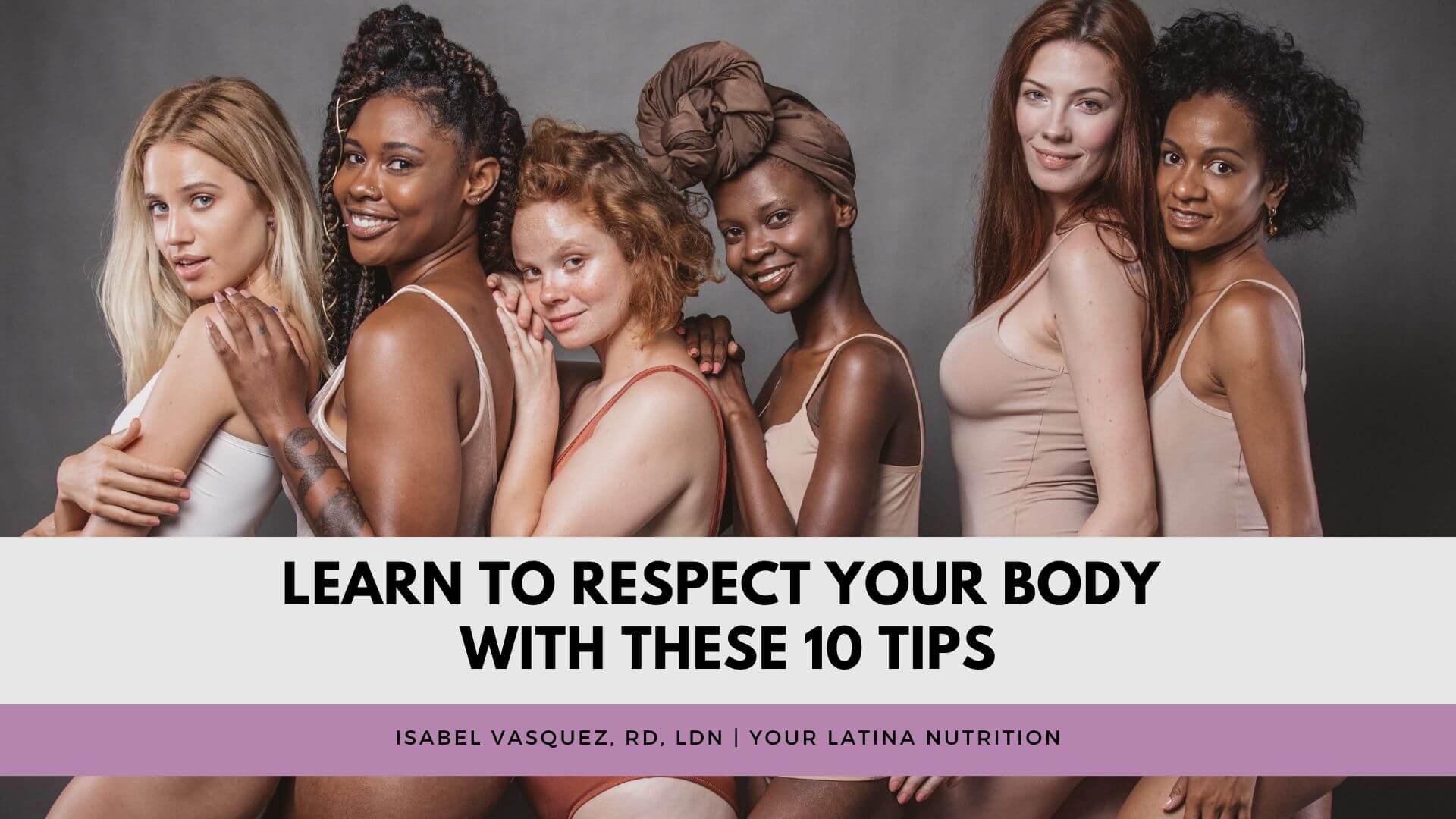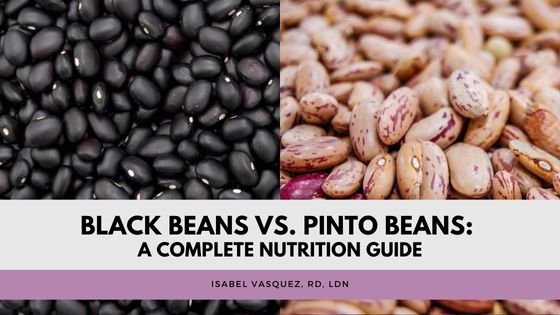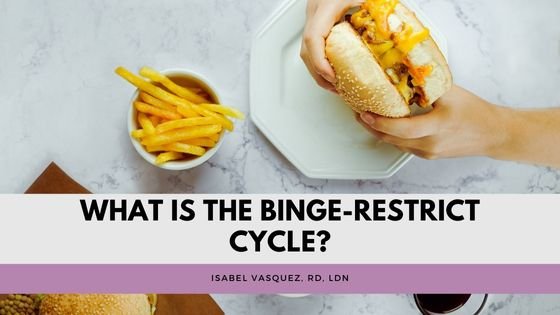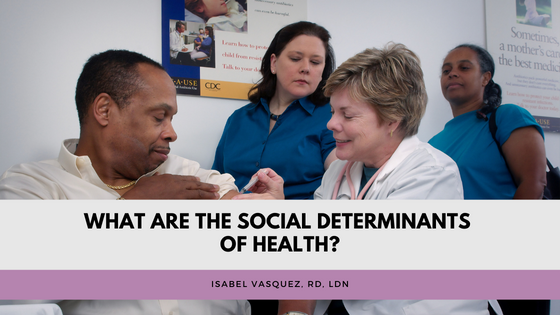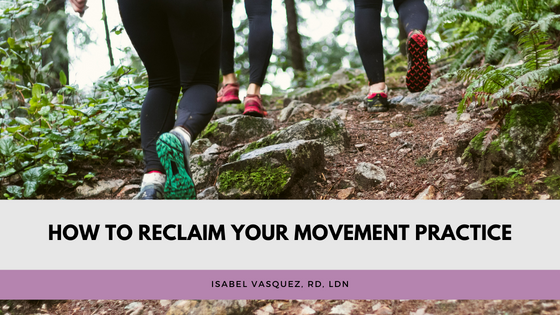
Chula, ven con gusto
In the Your Latina Nutrition blog, we help you learn to nourish & respect your body without harsh food rules, overcome cycles of bingeing and restriction, and embrace your here-and-now body.
You can do this all while keeping your cultural foods alive & adopting health-promoting behaviors.
Enjoy our research-backed articles written by registered dietitians Isabel and Dalina!
Blog Categories
ALL POSTS | RECIPES | INTUITIVE EATING | JOYFUL MOVEMENT | BODY IMAGE | GENTLE NUTRITION | CULTURA
What is Gentle Nutrition? Plus 3 Tips to Get Started
If you’re familiar with intuitive eating, then you know that honoring your health with gentle nutrition is the final principle. Here at Your Latina Nutrition we like to incorporate positive nutrition. That means rather than diet culture’s restrictive rules about what you should or shouldn’t eat, we focus on how you can add nutrition to promote your health.
Learn what gentle nutrition is, who could benefit from it, and three tips to get started.
Having a Bad Body Image Day? Here's 10 Tips
Having a bad body image day is normal and doesn’t mean your relationship with your body is doomed. Whether you’re in eating disorder or disordered eating recovery, dealing with decades of body dissatisfaction, or simply a human in this world where it can be so hard to love your body, you are not alone.
Learn 10 tips to care for yourself on bad body image days.
Learn to Respect Your Body With These 10 Tips
Body respect takes work, but it can help you build a better relationship with your body. We share 10 dietitian-approved tips to build respect for your body.
An Alternative to Dieting For When You're Done Counting Every Calorie
Fad diets have been popular for decades if not centuries. But the reality is, they don’t work and can actively harm your health. Learn an alternative to diets that can help you feel better in your body.
What You Need To Know About Weight Stigma
Studies have shown that healthcare providers are some of the worst perpetrators of weight stigma.
For example, one study including 122 physicians found that the physicians were more likely to prescribe more tests to, spend less time with, and have negative views about heavier patients.
Another study found that among dietetic students and professionals, negative attitudes about higher weight patients were extremely prevalent.
Can I Manage My High Cholesterol With Intuitive Eating?
When beginning your intuitive eating journey, it’s normal to have a lot of doubts and questions. One I hear often is how to manage a chronic health condition with intuitive eating. You might wonder, how can I stop dieting if I need to adopt certain eating patterns to manage this condition? High cholesterol is a common concern in our Latinx community so in this blog, we’ll talk about what high cholesterol is and how intuitive eating can help!
Food Habituation: The Case for Eating Whatever You Want
Have you ever avoided keeping a specific food in the house out of fear you’ll eat the whole package in one sitting? Many people avoid keeping chips, cake, cookies, or ice cream around for this very reason.
But what if I told you that keeping these foods around could actually heal your relationship with them?
We think the issue is the food itself and that the solution is simply to avoid it. We end up depriving ourselves of foods we really enjoy! Or we don’t give ourselves the chance to neutrally observe whether or not we even like the food. Food habituation can help.
What Are The Four Types Of Hunger In Intuitive Eating?
Our bodies are set up to combat starvation. When your body is being underfed (like when you’re dieting), it sets into motion biological hunger signals to get you to eat. If these signals are ignored long enough, like through chronic dieting or an eating disorder, your body may stop sending these hunger cues. It may try to adjust to working on less energy.
How to Use the Hunger Fullness Scale for Intuitive Eating
With the prevalence of diet culture in our society, it’s no wonder so many people feel disconnected from their hunger and fullness cues. According to the CDC, as of 2013-2016, about half of Americans reported trying to lose weight in the last 12 months. And the majority of people reported eating less food to do so.
When you’re ready to ditch diets and embrace a healthier relationship to food and your body, one step can be relearning to honor your body’s hunger and fullness cues. That’s where the hunger fullness scale comes into play.
Learn To Trust Your Body With These 5 Tips
Trusting your body can be a tough feat in today’s world. In a society that has told us that we need tips to dull our hunger, diet plans to control our eating, and exercise plans to manage our weight, it’s no wonder so many people don’t trust their bodies. But having mutual trust with your body can be an empowering experience. Learn five tips to renew trust in your body.
50 Positive Affirmations for Body Image
Everyone wants to have a good relationship with their body, yet most people struggle with this. With the constant bombardment of messaging about the “ideal” body from the media, it makes sense that many of us would struggle to have a positive body image. Affirmations may help cultivate a better body image.
Black Beans vs. Pinto Beans: A Complete Nutrition Guide
If you’re Latine or if you’ve been to a Latin American restaurant, then you know that black and pinto beans are culturally prevalent in Latin America. We love our beans, and these are two of the most common types we eat. But you may wonder how they differ and if one is better for health. Here, we share the key differences and similarities between black and pinto beans.
What is the Binge Restrict Cycle?
The binge-restrict cycle happens when periods of restriction are followed by binges or periods of eating beyond comfortable fullness. The “binge” part can also include feeling out of control around food. Oftentimes, the restriction may be due to some sort of diet, which then leads to feelings of deprivation and obsession with food. Then comes the binge, which is often followed by guilt or shame. The guilt and shame can make you want to start restricting again, maybe in the form of “I’ll get back on track on Monday!” and thus begins the cycle all over again.
Is Corn Good for Diabetes? An In-Depth Guide
Corn is a Latine food staple, especially in Mexican, Peruvian, Venezuelan, and Colombian cuisine. It forms the basis for foods like arepas, tortillas, and tamales. With our Latine community facing relatively high rates of diabetes, you may wonder whether corn is part of a healthy diet for diabetes.
What Are The Social Determinants of Health?
The social determinants of health account for systemic factors—those outside of people’s control—that impact health. Learn what these factors are and how they impact health.
Is MSG Really Bad For Me?
Many associate MSG with harmful effects on health; however, this association isn’t backed by research. In fact, it’s rooted in xenophobia and racism. Learn MSG’s effects on health and how it got such a bad rap.
Is White Rice Nutritious?
White rice is a cultural food staple and forms the foundation of so many beloved Latine dishes. However, you may have been told by doctors or by the mainstream media that white rice is nutritionally inferior to brown rice. Learn the health benefits of white rice and how it compares to brown rice.
Are Beans Nutritious?
Beans are a good source of carbs, fiber, protein, and micronutrients. Learn more about their nutrition, plus the research-backed benefits of eating beans.
How to Reclaim Your Movement Practice From Diet Culture
Movement doesn’t have to be a life-long struggle. Working towards detangling movement from diet culture not only promotes more sustainable, fun movement, it can also promote bone health, heart health, stress reduction, and boost your mood.
Are Plátanos Nutritious?
Plátanos (or plantains) are a cultural food staple in Central America, the Caribbean, and parts of South America, but many Latines might wonder if they’re healthy. Learn the nutrition facts of yellow vs green plantains and their health benefits.

